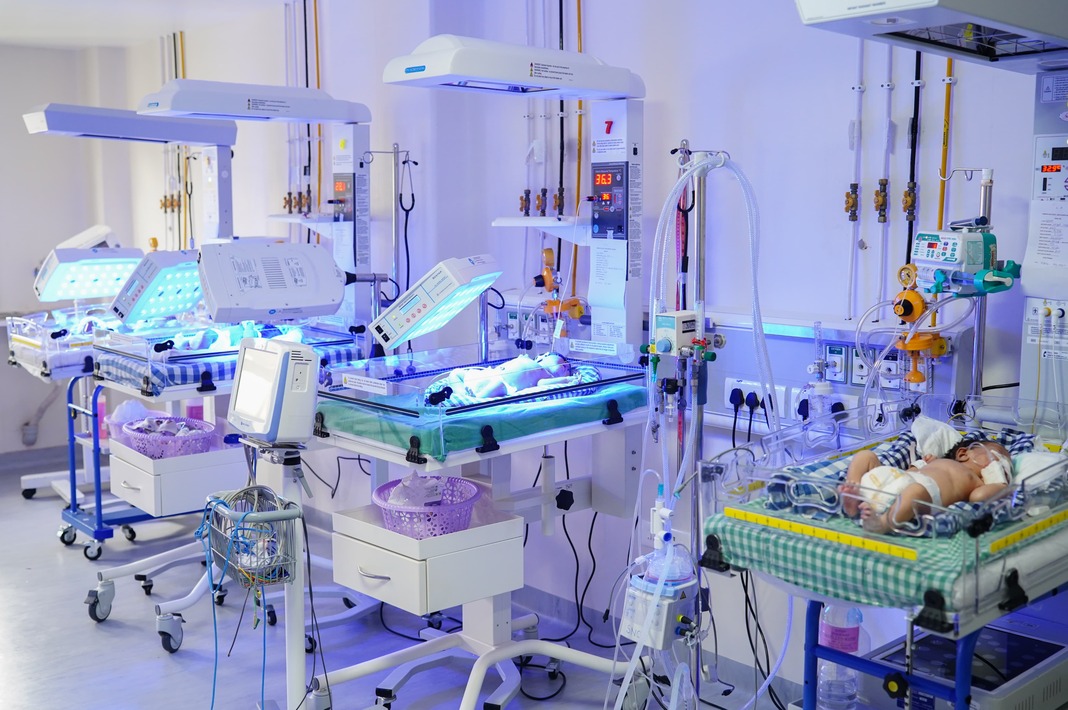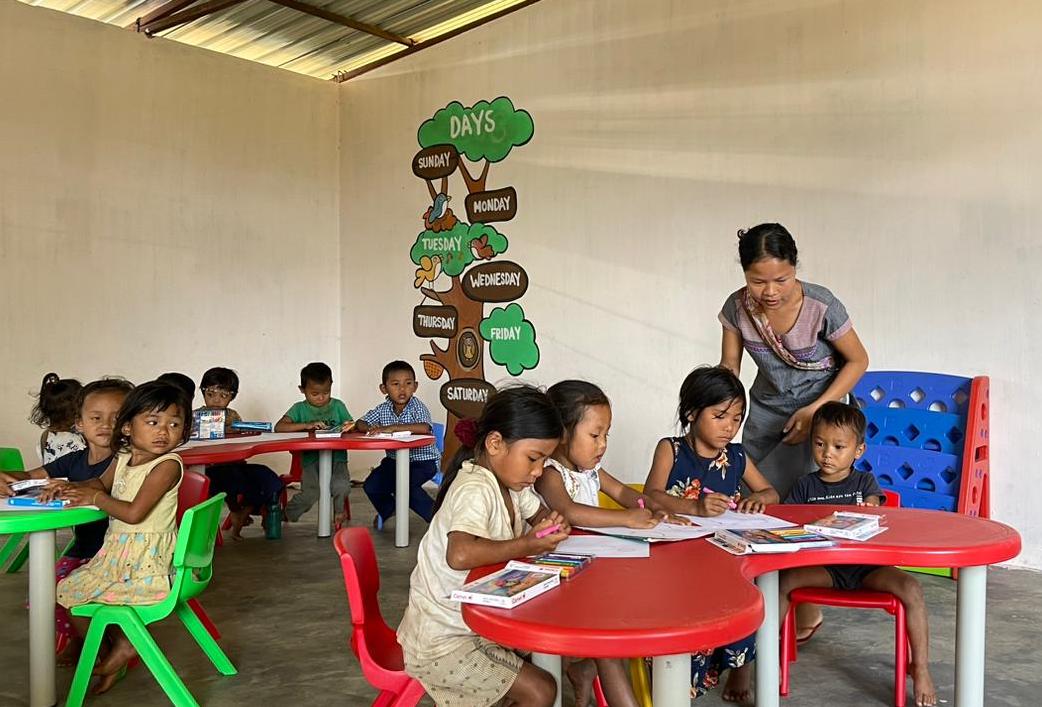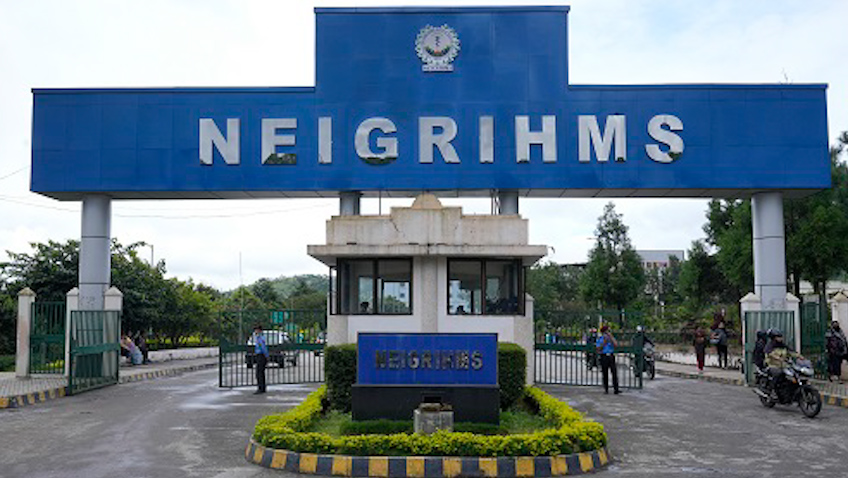Shillong, Oct 29: Maternal mortality rate (MMR) has come down drastically in Meghalaya even as the state’s institutional delivery rate is far below national average, amid huge improvement in recent years.
The state recorded 107 maternal deaths (per 1 lakh live births) till January this year, a sharp decline from 243 in 2020-21 and 155 in 2022-23, according to Health Management Information System.
The improvement in MMR is resulted from policy interventions such as antenatal care (ANC) and coverage for first trimester.
At present, the coverage for first trimester is now 46% with some districts registering over 50% – East Khasi Hills (54.5%) and South West Khasi Hills (56.5%).
However, West Jaintia Hills, West Khasi Hills, and North Garo Hills district fare poorly with just over 30% coverage in first trimester.
The Antenatal Care (ANC) coverage for four or more in the state is 77%. ANC coverage is an indicator of access to health care during pregnancy. ANC can help identify groups at high risk of adverse events during pregnancy, and can improve maternal and newborn health outcomes.
Districts lagging behind in this aspect include West Jaintia Hills (34.8%) and East Jaintia Hills (44.9%).
Meanwhile, Meghalaya lagged behind other states institutional delivery, one of the key factors of MMR. As per records, institutional delivery rate in the state is 71% with the rest going to home delivery.
Although the figure is far below 95%, the national average, it was a marked improvement from 57.2% in 2021-22.
Therefore, there are some positive indicators, but still there is a lot of room for improvement and so the recent signing of an agreement with the Bill and Melinda Gates Foundation to further reduce the MMR is a step in the right direction.
Moreover, other interventions of the government include the MOTHER App through which pregnant women can be registered and they can be monitored by doctors. The app collects data on age, risk factors, health conditions, delivery and vaccination dates, and several other facilities provided.
The Chief Minister Safe Motherhood Schemes provides transit homes for high-risk pregnant women, transportation support for Auxiliary Midwife Nurses (ANMs), and dedicated vehicles for transporting pregnant women to health facilities.
The Meghalaya Maternity Benefit Scheme providing financial support for antenatal care and institutional deliveries are just some of the few interventions the government has taken to arrest the high MMR.
Under the Village Health Nutrition Day, the objective is to increase ANC check-ups and immunizations and through the Transit Homes the state government provides certain facilities for high-risk mothers such as food, space for their children, and transportation.




